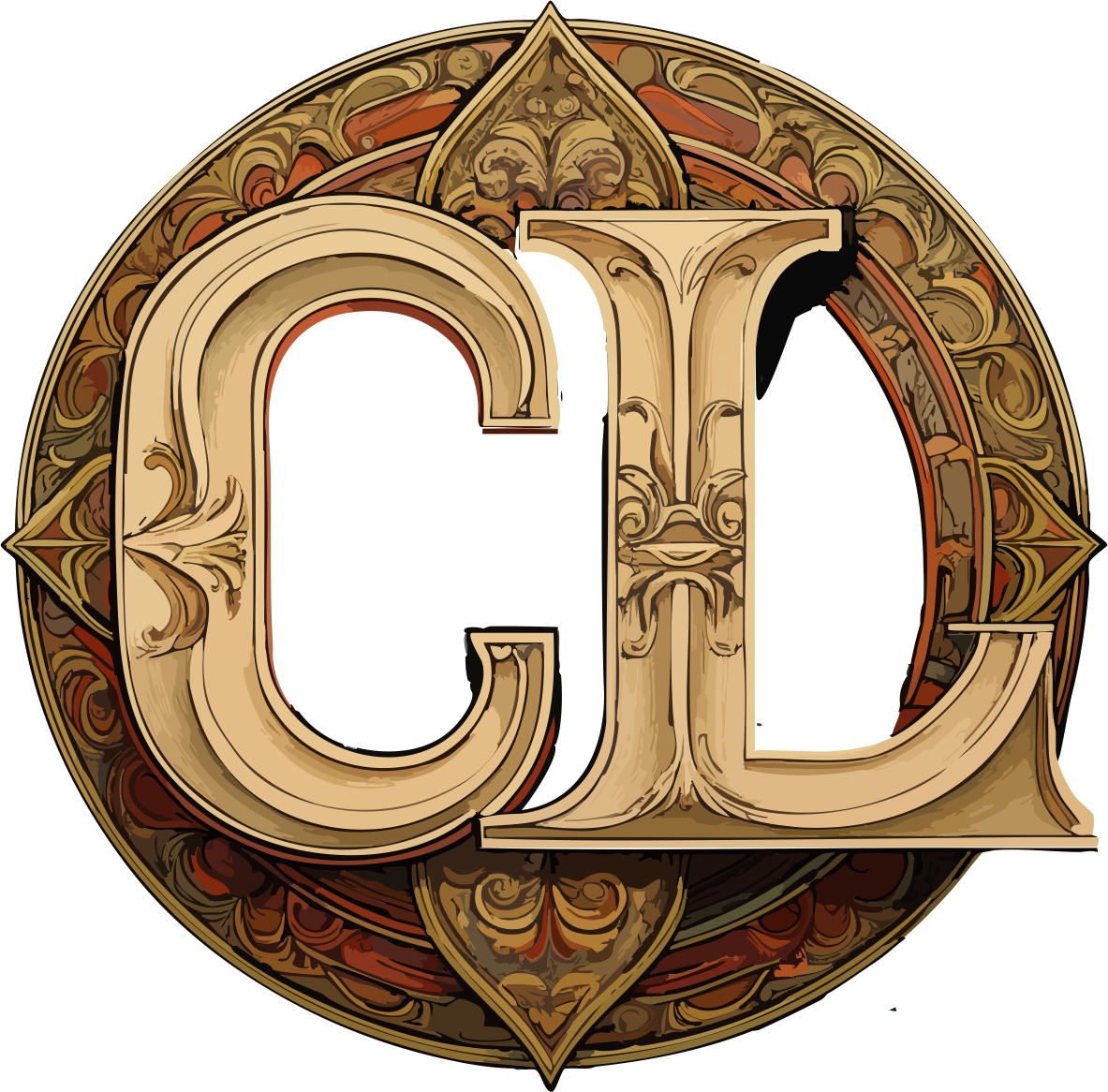Because Something Bends And Does Not Break, Does Not Mean It’s Not Broken
During the Holocaust, a brave group of people who had lost everything except their own lives, took a stand to risk their only tie left to this world—their very existence. On October 7, 1944, several hundred Jewish prisoners at the death camp Auschwitz (at Birkenau,) were being forced to carry…


